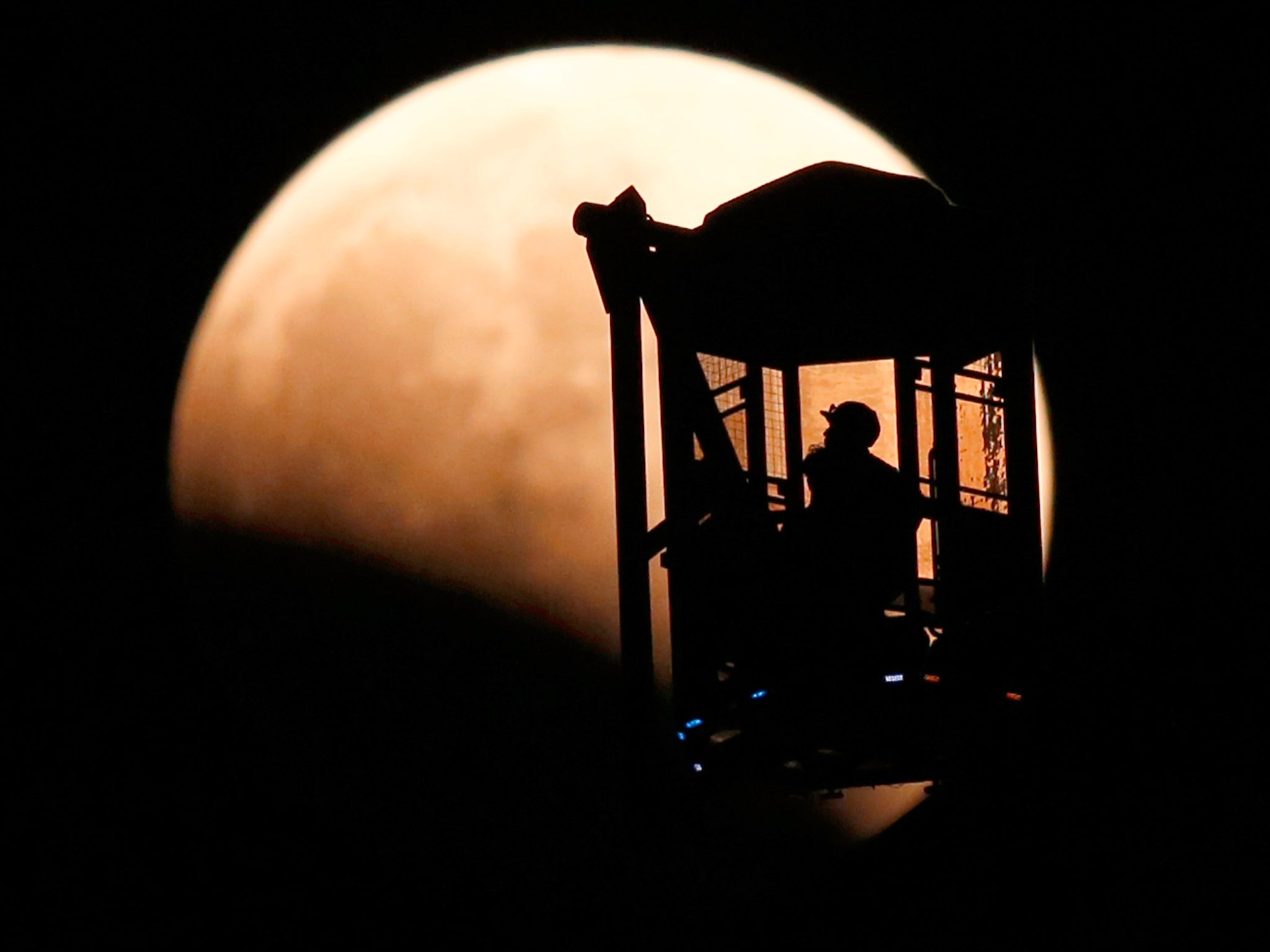US government preparing to regulate business on the moon
Move is important development in work to determine who owns the moon and who can send objects there

The US is getting ready to license companies for commercial development of the moon.
US companies are able to claim bits of the moon through the same process that allows them to get approval to launch rockets into space, according to a new report from Reuters.
The claims come from a letter sent by the Federal Aviation Authority (FAA) to Bigelow Aerospace, an American space startup that among other things makes inflatable habitats for use in space. The letter seems to imply that if Bigelow put one of the habitats on the moon, it would have exclusive rights to that terroritory, according to Reuters.
Bigelow is sending its inflatable habitats to the International Space Station this year, ahead of a plan to keep them as outposts in space that could eventually see them house tourists. It then wants to move its focus to the moon, installing similar basis from around 2025.
Bigelow told Reuters that the new rules don’t mean that anyone can own the moon. They simply ensure that “somebody else isn’t licensed to land on top of you or land on top of where exploration and prospecting activities are going on”, it said.
The US is part of a UN treaty that rules over space law and bans any government from claiming the moon or any other celestial bodies. But it does not ban private companies from putting objects onto the moon, a process which is now licensed by the FAA.
And the US did not sign another key piece of UN legislation, known as the Moon Treaty. That was signed by just nine countries and limits the ways that countries and companies can claim minerals and other property that exists on the moon.
Subscribe to Independent Premium to bookmark this article
Want to bookmark your favourite articles and stories to read or reference later? Start your Independent Premium subscription today.

Join our commenting forum
Join thought-provoking conversations, follow other Independent readers and see their replies